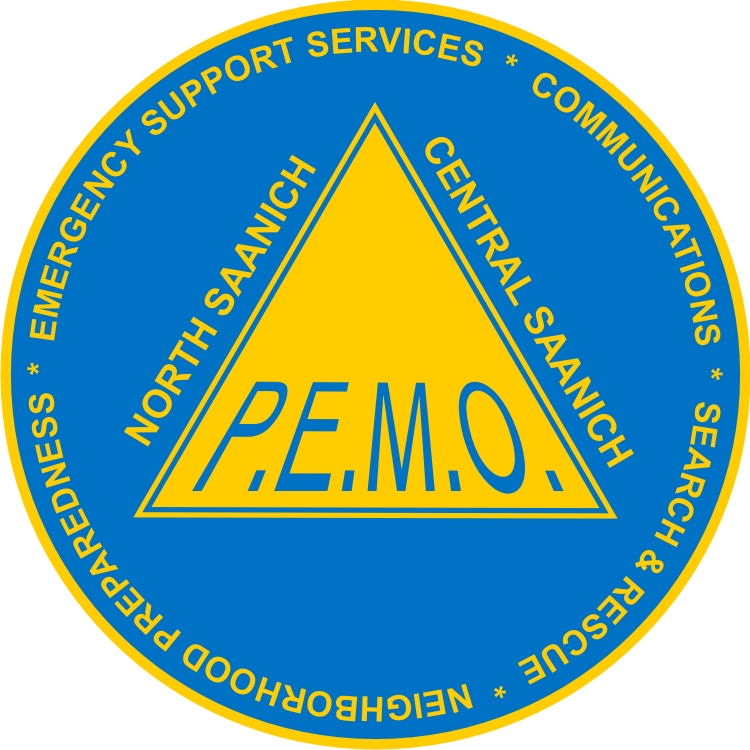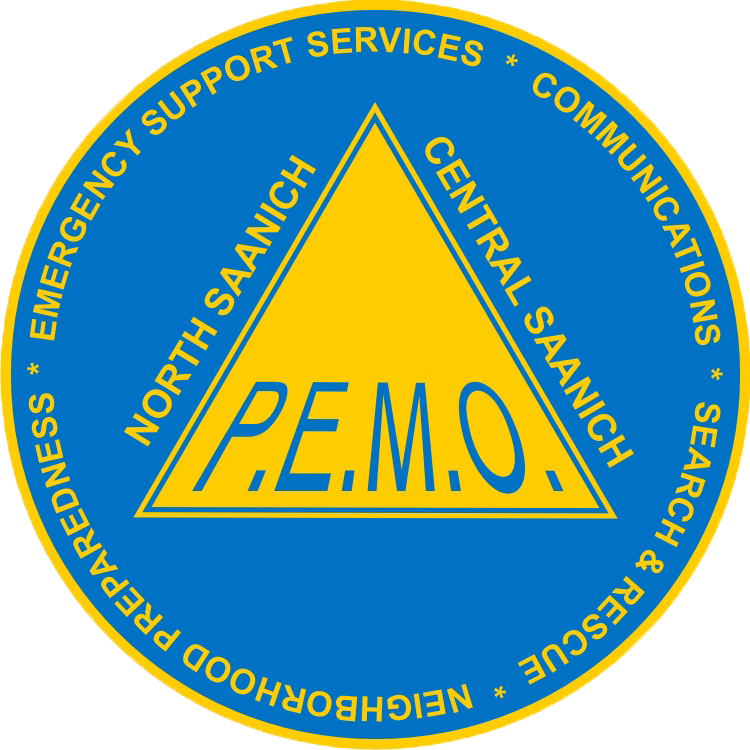Extreme Heat
Keep yourself and your neighbours safe during extreme heat events
Our summers are getting hotter with more extremely hot days due to climate change. When extreme temperatures are forecasted, ensuring your body is able to cool down is critical.
Are you prepared for when the temperature rises? Here are tips for how you can protect yourself and those around you:
- Prepare your home. Install a window air conditioner or, if you're able, a heat pump. Install thermal curtains or window coverings. Keep digital thermometers available to accurately measure indoor temperatures (31 degrees or higher is dangerous for vulnerable people). Have fans available to help move cooler air indoors during the late evening and early morning hours.
- Check on your neighbours. Central Saanich residents at greatest risk include elderly or health-compromised individuals who live alone or who occupy older buildings that lack air conditioning. Among the District's almost 20,000 residents (including SȾÁUTW̱ (Tsawout) and W̱JOȽEȽP (Tsartlip) First Nations), about onethird of the population is older than age 65.
- Do not leave young children or pets in your vehicle. Temperatures can rise to 52°C (125°F) within 20 minutes in an enclosed vehicle when the outside temperature is 34°C (93°F). Leaving the car windows slightly open or "cracked" will not keep the inside of the vehicle at a safe temperature.
- Keep out of the sun between 11am and 3pm. If you must go out in the heat, walk in the shade, apply sunscreen with both UVA and UVB protection.
- Avoid extreme physical exertion. If you can’t avoid outdoor activities, like sport, or gardening, keep it for cooler parts of the day, like early morning or evening.
- Dress for the heat. Wear light, loose-fitting cotton clothes and a hat to shade your face, neck, and ears.
- Wear sun protection factor: factor 30 or over on any areas that cannot be covered by clothing and a hat. Young children, especially babies, and the elderly are more susceptible to sun damage so be extra careful.
- If you're planning to travel, check the forecast at your destination.
- Cool yourself down: Drink plenty of cold drinks, and avoid excess alcohol, caffeine, and hot drinks. Eat cold foods, particularly salads and fruit with a high-water content. Bananas, orange juice and occasional salty snacks can also help replace salts lost due to sweating. Take a cool shower or bath or mist water over the skin or clothing or keep a damp cloth on the back of your neck.
- Watch for symptoms of weather-related illness.
Symptoms of extreme weather-related illness
The symptoms of extreme weather-related illness can range from mild to severe. They include:
- Heavy sweating
- Muscle cramps
- Rash
- Swelling, especially hands and feet
- Fatigue and weakness, light-headedness
- Confused thinking
- Headache
- Nausea and/or vomiting
- Hypothermia (cold)
- Frostbite (cold)
How to cool yourself down
- Drink plenty of cold drinks, and avoid excess alcohol, caffeine, and hot drinks.
- Eat cold foods, particularly salads and fruit with a high-water content. Bananas, orange juice and occasional salty snacks can also help replace salts lost due to sweating.
- Take a cool shower or bath
- Mist water over the skin or clothing or keep a damp cloth on the back of your neck.
- Heat stroke is a medical emergency
Call 911 or your local emergency number immediately if you or someone you’re caring for has a high body temperature and is unconscious, confused, or has stopped sweating.
Extreme heat can put your health at risk. It is important to take steps to protect yourself and your family. While extreme heat can put everyone at risk from heat illnesses, health risks are greatest for:
- Older adults
- Infants and young children
- People with chronic illnesses (like breathing problems, mental illness, and heart problems)
- People who work in the heat
- People who exercise in the heat
- Pets
If you’re experiencing symptoms, such as rapid breathing and heartbeat, extreme thirst, and decreased urination with unusually dark yellow urine, take immediate steps to cool down and seek emergency care.
- Get medical attention or call 911
- Submerge yourself or the person you’re helping in cool water
- Remove clothes and apply wet cloths
Heat stroke is an emergency. Call 911 if you are caring for someone who displays symptoms, then take immediate action to cool them down while waiting for help to arrive.




